Charles Spence, head of Oxford University’s Crossmodal Research Laboratory, joins us to talk about how our senses work together to create a memorable meal.
Read more


Charles Spence, head of Oxford University’s Crossmodal Research Laboratory, joins us to talk about how our senses work together to create a memorable meal.
Read more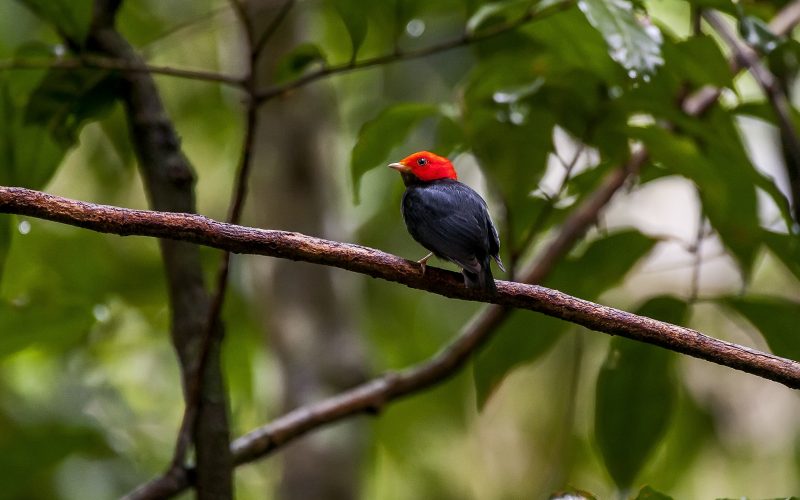
Yale ornithologist Richard Prum joins us to talk about how various creatures have changed their physical appearances in order to attract a mate.
Read more
Peter Brannen joins us to talk about the common threads that run through Earth’s five mass extinctions – and about what they can tell us about our future.
Read more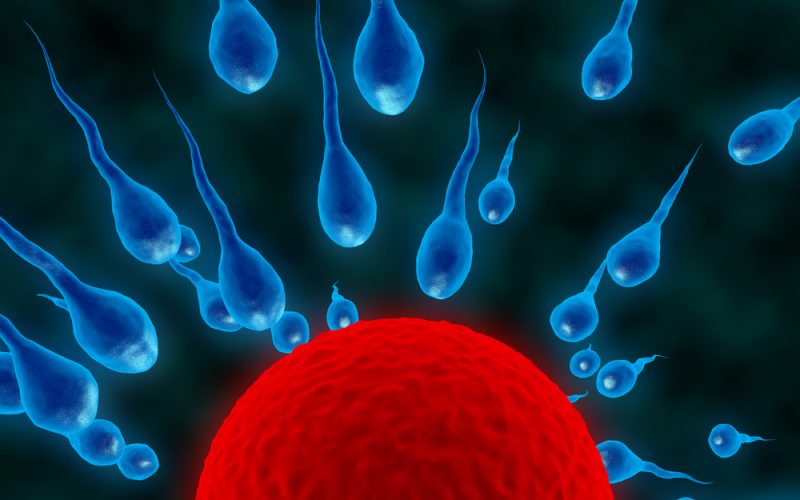
Edward Dolnick joins us to talk about the often-times hilarious lengths early researchers went to in their search for the origins of life.
Read more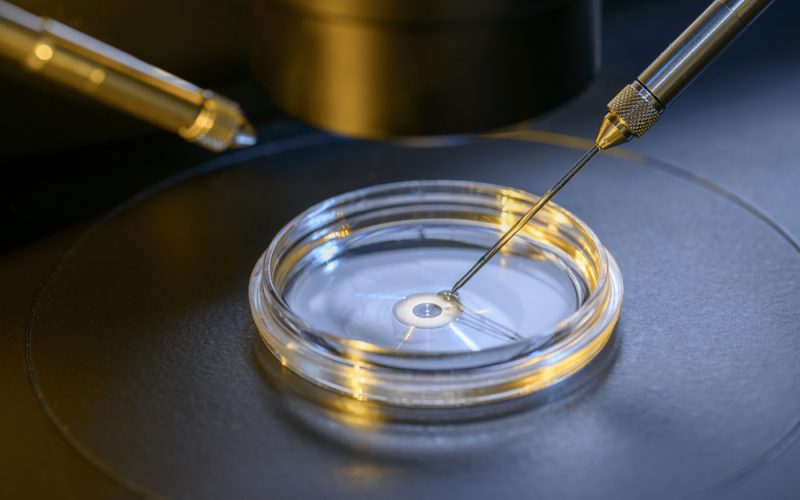
Jacqueline Mroz joins us to talk about the experiences of sperm-donor families.
Read more
Stanford professor Robert M. Sapolsky joins us to talk about the many internal and environmental factors that come together and push us to act.
Read more
Seth Stephens-Davidowitz joins us to talk about how seeing what we search for on the internet can give us a better understanding of what’s on our collective minds.
Read more
Theoretical physicist Jim Al-Khalili joins us to bring us up to date on the search for life in other parts of the universe.
Read more
Dr. Srini Pillay joins us to make the case for allowing our minds to wander and how that can actually increase our productivity.
Read more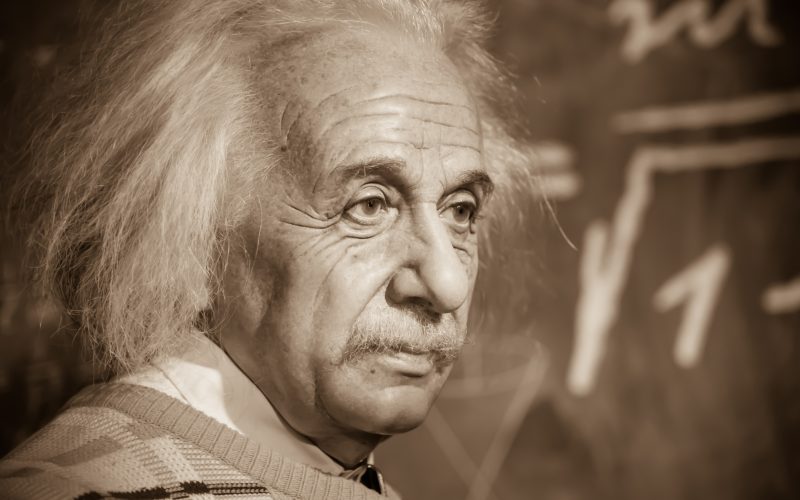
Claudia Kalb joins us to talk about how Einstein, Michelangelo and others harnessed their creativity, perseverance and other traits to become the towering minds of their times.
Read more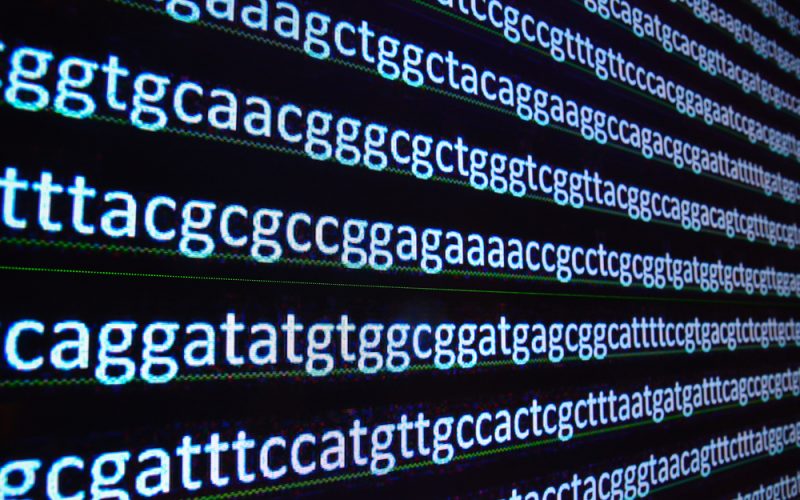
Steven Heine joins us to talk about why some of us put entirely too much stock into what genetic testing reveals.
Read more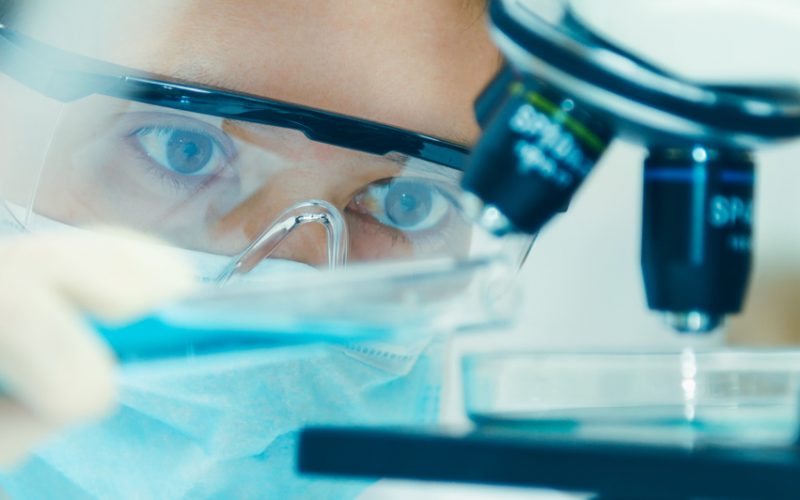
Science journalist Richard Harris joins us to talk about the money lost from ill-conceived medical experiments.
Read more